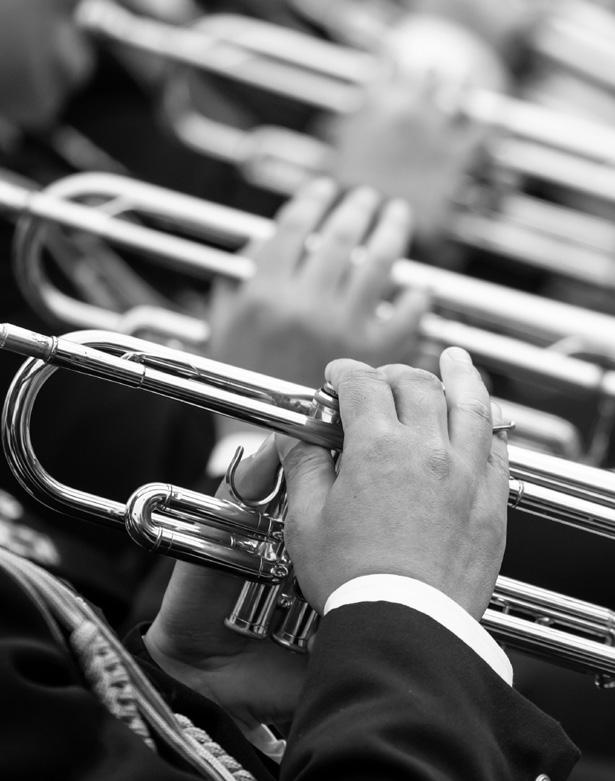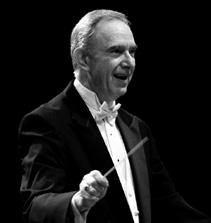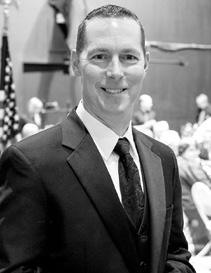NBA MISSION STATEMENT FOR DIRECTORS OF SCHOOL BANDS by Dr. William Moody | Revised in December 2009
The mission for directors of school bands is understood inherently by those who think of themselves more often as instrumental music teachers rather than simply as band directors. The basic objective of instrumental music education is that students will learn performance skills in order to understand musical language and to experience the joys of recreating music in the expressive medium of their choice. Music education should prepare students also for a fuller understanding and appreciation of the music they will be hearing the rest of their lives regardless of its style or venue. Efforts to address the National Standards for Music Education in band class by including music theory, music history, improvisation, and composition will help the students be better listeners in adulthood and will make better musicians of those who wish to pursue musical careers or practice music as an avocation in adult life. The National Band Association would like school administrators, teachers, and parents to recognize that students elect to study instrumental music for a variety of reasons, including: as an outlet for creativity, a source of social interaction with like-minded peers, a possible career choice, gratification that comes from recognition by responsive audiences, discipline through study and practice, and service to school and community. The evaluation of instrumental music programs should be grounded in a review of the educationally and aesthetically justifiable objectives that are explicit in this mission statement. The long-respected model for learning to play a musical instrument based on the role of artist-teacher with a studio of private students applies as well to school bands. Band class must provide these same foundations: a correct concept of characteristic tone quality, development of technique based on a graded course of study, a formal system for counting rhythms, practice in developing good intonation, and the sure goal of playing expressively. An instrumental music program should offer a broad range of musical experiences: an extensive solo and chamber music repertory that provides subtle opportunities for nuance and other systems of expression; a school jazz ensemble that stresses rhythmic precision, understanding of harmonic progression, and creative improvisation; a concert band, the core of the program, where our musical heritage is transmitted through inspirational compositions by the most creative composers. Service activities such as marching band are often important to the school and community, and students who participate gain social, educational, and musical values. Because evaluative competition can raise standards and motivate progress, NBA strongly recommends that all bands participate in festivals or contests sponsored by district and state music education associations, especially when a rating rather than a ranking is the goal. However, the integrity of the instructional program can be threatened by a disproportionate emphasis on competitions and service-related performances. Marching band activities that require extra rehearsals and travel time should be scheduled with concern for the many responsibilities that students have in addition to their musical studies, and must never be the focus of the instrumental music program. Excessive demands on students, parents, and community––financial and otherwise––bring about consequences harmful to the essence of the instrumental music program. History demonstrates that those who cultivate a special intelligence in an area of personal interest make great contributions to the way we live. Efforts by legislators or educators to emphasize one area of study alone stifle the pluralism that has been one of this country's strengths. Rather, schools should provide a broad base of knowledge for students and also encourage development of the special abilities of those who demonstrate the capacity to excel. Instrumental music studies provide a laboratory of artistic and social opportunities for individual development that contributes to the collective good. The arts provide unique forms of knowledge, present a basic means of communication, and produce lasting works that are the hallmarks of a civilization. President Abraham Lincoln reminded us that education is not for the purpose of learning to earn a living, but for learning what to do with a living after it has been earned. Whether in the arts or other areas of interest, students who are encouraged to develop their talents and interests participate in the continuous regeneration of our democratic ideals.
WI NT ER 2022 NTER
9






















